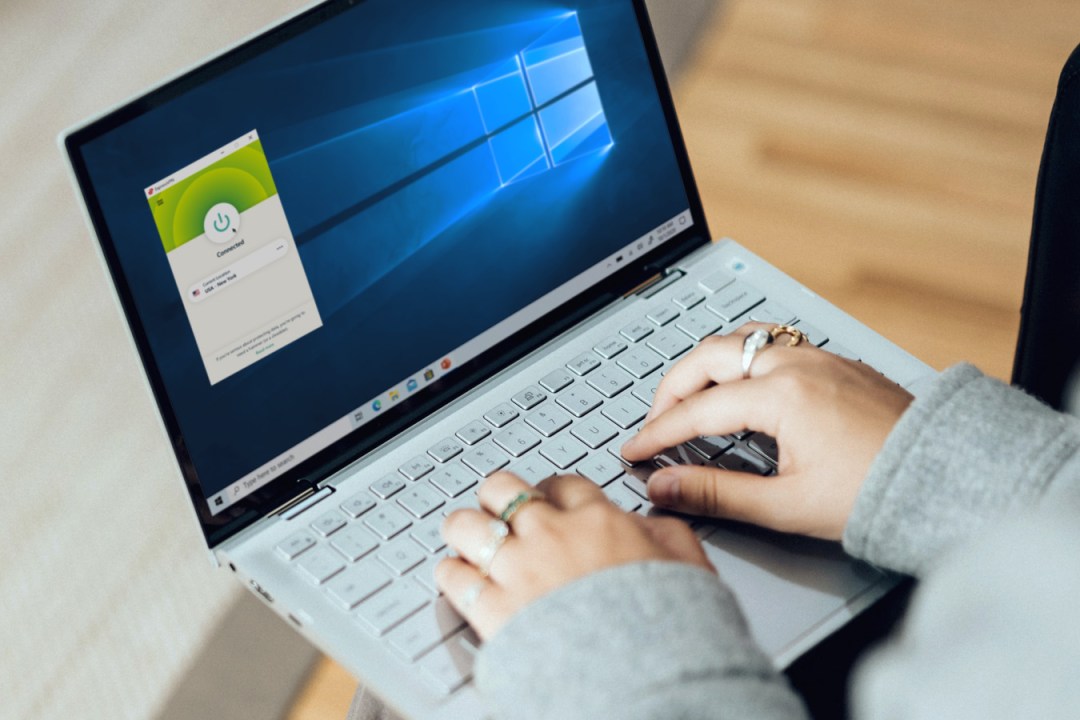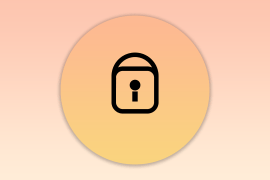How to stay private online with a VPN
A simple step toward keeping your personal information to yourself and encrypt your internet traffic so others can't see

The question of online privacy is one that rides high in the minds of anyone using the web to do more than just watch videos of cats. Lurid stories about hackers, dire warnings of malware, and fears of online surveillance ride high in the minds of internet users.
And while your browser’s private mode – aka Incognito, or InPrivate – may look like it holds the solution, it doesn’t. These modes just stop the browser from adding the sites you visit to the browsing history or caching files on your device. It doesn’t increase your privacy or stop anyone snooping on what you’re doing.
To be really sure of your online privacy, you’ll need a VPN. These clever pieces of software work by encrypting your internet traffic and directing it away from the servers used by your service provider. It’s called a ‘tunnel’, and stops anyone from knowing where your browser is pointed, and what data it’s transferring.
Sponsored: protect Your Privacy. Unlock the World
ExpressVPN gives you the freedom to browse the internet safely, securely, and without limits. With ultra-fast servers in 94 countries, your data stays private and your connection stays lightning-fast—whether you’re at home or on the go.
✅ Top-tier encryption to keep your data safe
✅ No activity logs—your privacy is our priority
✅ Bypass geo-restrictions and access content worldwide
✅ 24/7 customer support ready when you need it
✅ Easy-to-use apps for all your devices
Experience the internet the way it’s meant to be—open, private, and secure.
Join millions of users who trust ExpressVPN to keep them safe online.
How it works
Every time you browse to a website, that data passes through a server owned by your internet service provider. If you’re connecting to an https:// site, the actual traffic will be encrypted, but your ISP will still be able to see which site you’re connected to. By using a VPN, all the ISP can see is that you’re connected to the VPN provider’s server, and not where the next hop in the chain takes you. Most VPNs also add another layer of encryption to your connection, so even if you connect without using a secure protocol, you’re still better protected against surveillance.
So the simplest way to keep your information private is to install a VPN app on your PC or mobile device, and use it. This can have multiple benefits. It means that your public IP address – the long string of characters that identifies your computer on the network, and which can be used to tell where you’re connecting from – can be hidden, and replaced with one that’s not only anonymous, but from a completely different country to the one you’re surfing in.

Being able to hide your location can be important, and reveals a lot about you. If a hacker wants to target you specifically, then having your IP address is a good start. While VPNs don’t directly protect against malware, many VPNs come with an internet kill switch that will allow you to immediately cut off your computer’s internet access if you notice untoward activity, or automatically if a malicious app tries to disconnect you from the VPN.
Online privacy is further enhanced by using a VPN that has a no-logs policy. Just as your ISP can see the sites you’ve visited, so can a VPN company. Choosing one that doesn’t track or store this information means that, if the VPN supplier itself is hacked, this useful information about your connections and activity isn’t available to be stolen and exposed.
So if you want to protect your online privacy, and keep your personal information to yourself, then using a VPN to encrypt your web traffic and hide your IP address should be one of the first things you try. Using a VPN doesn’t completely guarantee anonymity online, but combined with antivirus and other malware protection, it’s one of the best ways to protect your PC, and your privacy.
- Join millions of users who trust ExpressVPN to keep them safe online.



